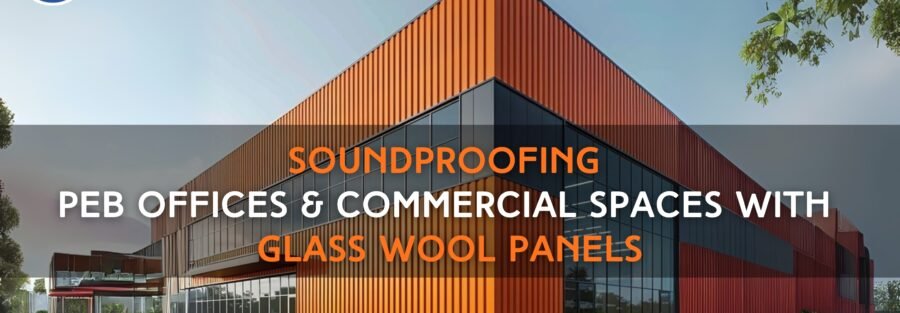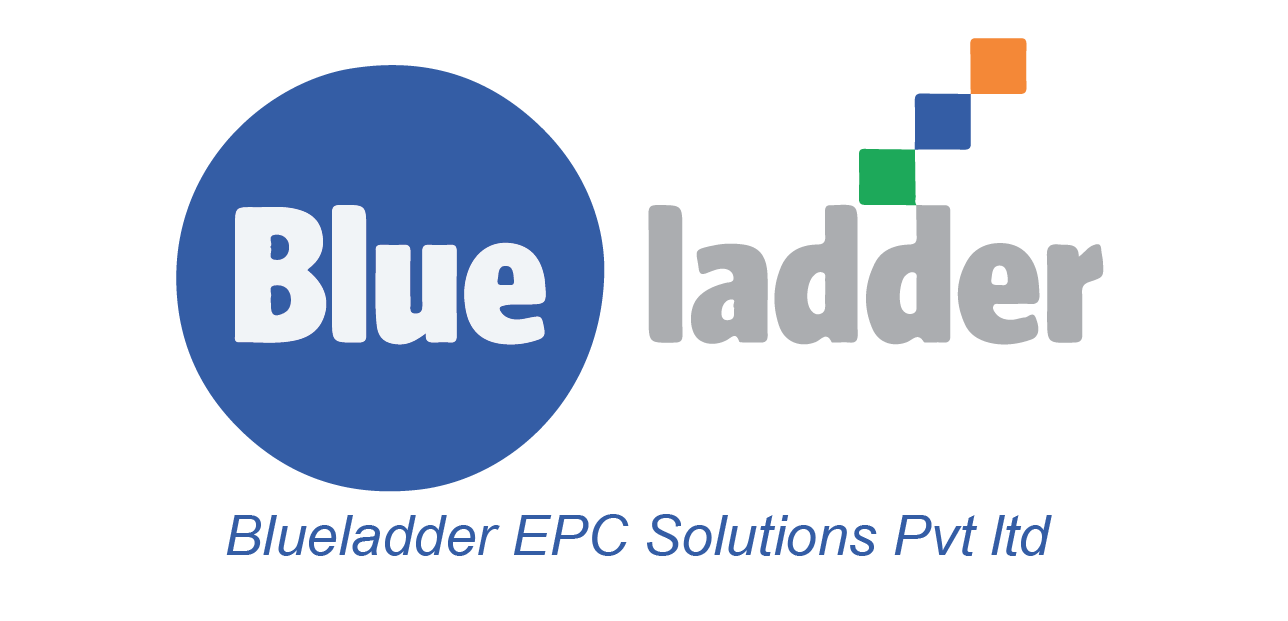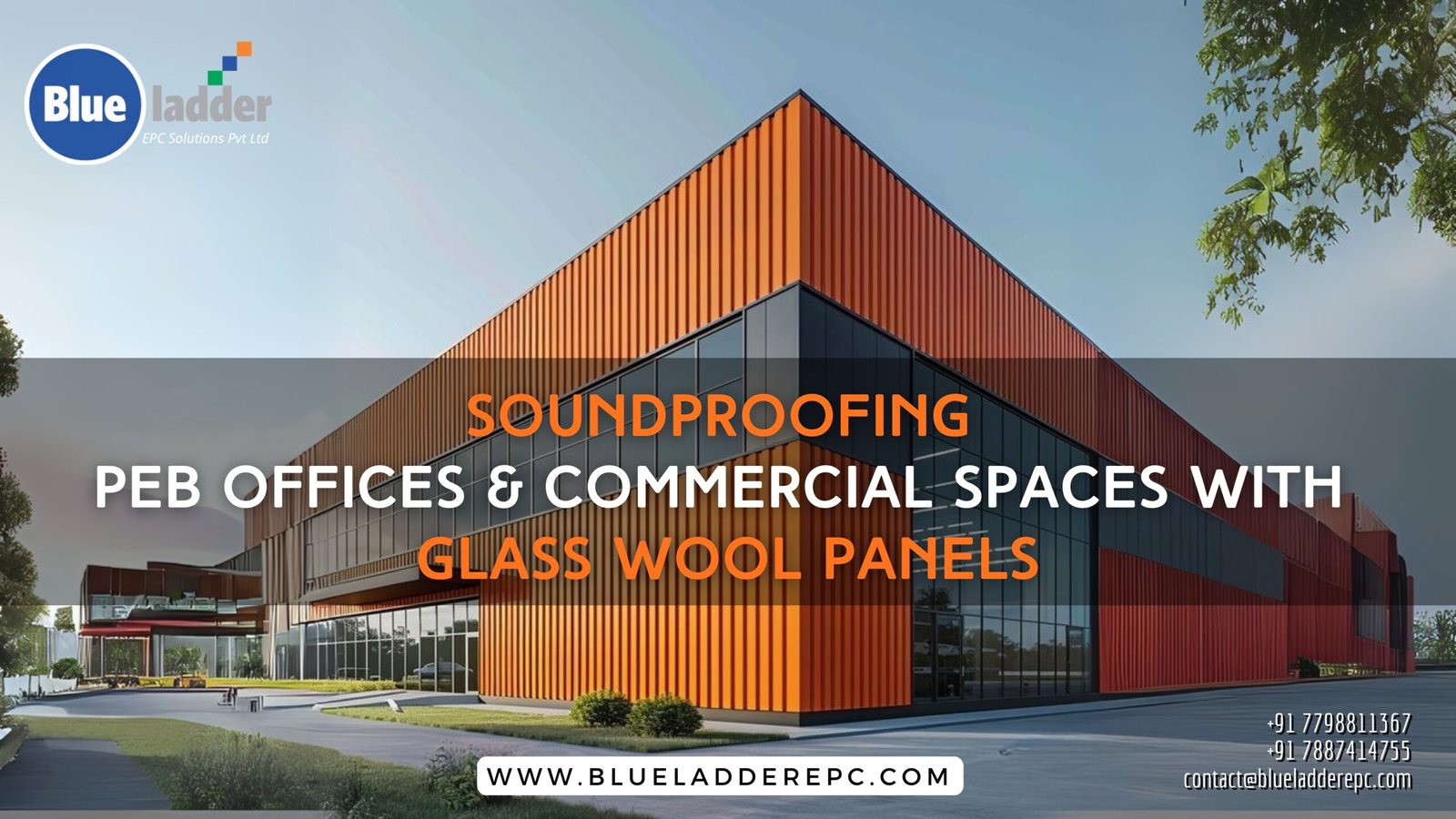
Commercial Buildings Construction EPC and turnkey solutins EPC Projects EPC Solutions Factory buildings Industrial sheds PEB peb building manufacturer PEB companies peb construction company PEB in India PEB Manufacturers in India pre engineered building Prefabricated construction Prefabricated Structures Roof System





